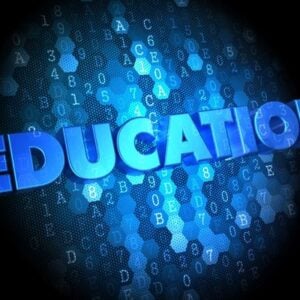Over the past several years, significant progress has been made in transforming education in El Salvador, driven by collaboration between the World Bank and local partners. Three major achievements stand out: mobilizing funds to invest in critical areas such as school infrastructure, teacher training, and educational materials; fostering collaboration among government entities, NGOs, and civil society to prioritize early literacy; and adapting successful international education practices to the local context, including setting clear learning standards and improving teacher preparation. These efforts have strengthened the country’s education system and created a foundation for sustained improvement.
A central instrument in this transformation has been the “Growing Up and Learning Together: Comprehensive Early Childhood Development Project.” This initiative focuses on enhancing early childhood education by establishing quality standards for centers, preparing teachers with modern pedagogical methods, and redesigning learning evaluations from preschool through high school. The project also invests in creating safe, stimulating learning environments and promotes strong connections between home, school, and family. Over 62,000 families have received books and materials, and parents have been trained to support reading and emotional development at home, fostering learning opportunities outside the classroom.
El Salvador’s early childhood initiatives provide a model for other countries, demonstrating the importance of prioritizing literacy, numeracy, and foundational competencies from an early age. By standardizing education quality and establishing clear expectations for children, teachers, and schools, the country has created a framework that supports informed decision-making and guarantees minimum conditions for learning nationwide.
Despite these advances, challenges remain. Ensuring that all children, including those in rural or hard-to-reach areas, benefit from the program is critical. Expanding improvements to primary and secondary education requires sustained resources and effective management. Cultural transformation in teaching and learning must continue, emphasizing gender equality, violence prevention, and active family engagement. Maintaining progress over time, regardless of changes in administration or budget constraints, remains a key priority.
Looking ahead, the World Bank’s continued engagement, including the author’s new role leading the education portfolio for Europe and Central Asia, aims to leverage lessons from El Salvador to support strategic analyses and reforms in other regions, ensuring that the gains achieved in early childhood development continue to inspire educational improvements globally.




